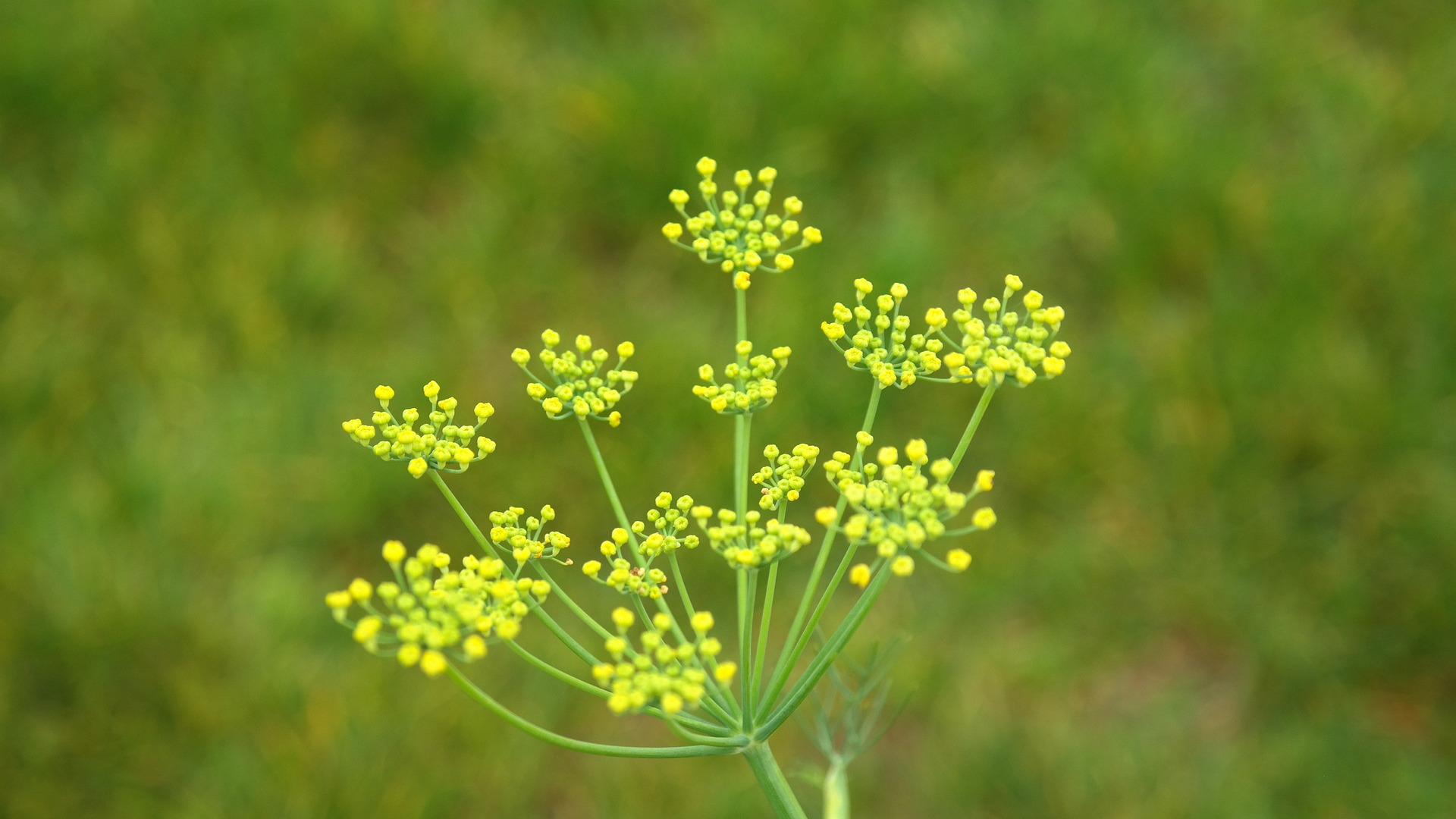Sage Essential Oil: A Fragrant Journey Through Time and Wellness
The scent of Sage essential oil has the power to evoke memories, transporting us to kitchens filled with the warmth of Thanksgiving festivities. Its sharp, herbal notes, with a subtle touch of fruitiness and camphor, make it an unforgettable olfactory experience.
Scientifically known as Salvia officinalis, Sage is an evergreen perennial herb that stands up to 2 feet tall and is characterized by soft gray-green leaves and blue-to-violet flowers. The herb contributes to many culinary dishes and boasts a rich historical tapestry of medicinal use.
Sage comes from the Latin term "salvare," meaning heal or save. In ancient Rome, sage was revered as a universal remedy, while in Chinese medicine, it found application in treating sterility. The Middle Ages witnessed sage's prominence in nerve tonics, and its leaves were employed for mouth and gum cleansing.
Essential Oil Production- Sage essential oil, extracted through steam distillation from the dried leaves of the Salvia officinalis plant, goes by various names such as garden sage, true sage, and Dalmatian sage. Clear in color with a thin consistency, it emanates a robust aroma that captures the herb's essence.
Caution: Toxicity Considerations- It is crucial to note that sage oil can be highly toxic in certain contexts. Clary sage oil presents a viable alternative for those concerned about potential side effects, offering many of the same properties without the associated risks.
Harnessing the Power: Benefits of Sage Oil
- Hormonal Harmony: Used judiciously, sage oil can be blended into carrier oils or incorporated in minimal amounts in baths to address issues related to female sterility and menopausal discomfort. Its application extends to regulating hormones, offering a natural approach to hormonal balance.
- Holistic Wellness: Sage essential oil's impact extends to vital bodily systems, including the urinary tract, liver, kidneys, and lymphatic system. It demonstrates efficacy in relaxing muscles, alleviating rheumatic pain, and treating conditions such as fibrositis, trembling, and palsy.
- Skin Rejuvenation: A drop of sage essential oil added to lotions or creams proves beneficial in reducing pore size and addressing various skin concerns. From soothing sores and dermatitis to managing psoriasis, insect bites, and ulcers, sage oil is a versatile ally in skin care.
Sage Oil Benefits in Aromatherapy - In aromatherapy, sage oil plays a pivotal role. When diffused in vapor therapy, it stimulates digestion and is a calming agent for anxiety. Its potential to alleviate feelings of grief and depression makes it a valuable tool for emotional well-being. Sage oil quickens the senses and can aid memory retention.
Sage essential oil is a botanical wonder with a rich history of healing and aromatic allure. From hormonal balance to holistic wellness and skincare, sage oil invites us to explore the diverse realms of its therapeutic benefits, showcasing nature's potent remedy in a single, fragrant drop.
Therapeutic Properties of Sage Essential Oil
- Antibacterial: kills bacteria.
- Anti-inflammatory: reduces inflammation and swelling.
- Antiseptic: inhibits the growth and development of microorganisms.
- Antispasmodic: prevents or relieves spasms and cramps.
- Astringent: topically applied to shrink or constrict body tissue.
- Digestive: aids digestion.
- Diuretic: increases the discharge of urine.
- Emmenagogue: brings about a woman's menstrual period.
- Febrifuge: fever-reducing.
- Hypotensive: lowers blood pressure.
- Laxative: promotes bowel movements.
- Stomachic: stimulates digestion in the stomach.
- Tonic: strengthens and restores vitality.
Using Sage With Other Essential Oils
In small amounts, sage essential oil blends particularly well with the following oils:
- Bergamot
- Lavender
- Lemon
- Rosemary
You should never use more than one drop of sage oil in a blend.
Safety and Use of Sage Essential Oil
Do not take sage essential oil internally. It should be diluted with oil or lotion on the skin or in vapor therapy. Sage oil is classified as an oral toxin and should be used with great care in aromatherapy. It can be toxic if the dosage is too high. While it offers some tremendous therapeutic benefits, this benefit should be weighed against the possible side effects of the oil. Sage oil should not be used during pregnancy or by persons with epilepsy or high blood pressure. Sage oil has a high thujone content, which can cause convulsions.







